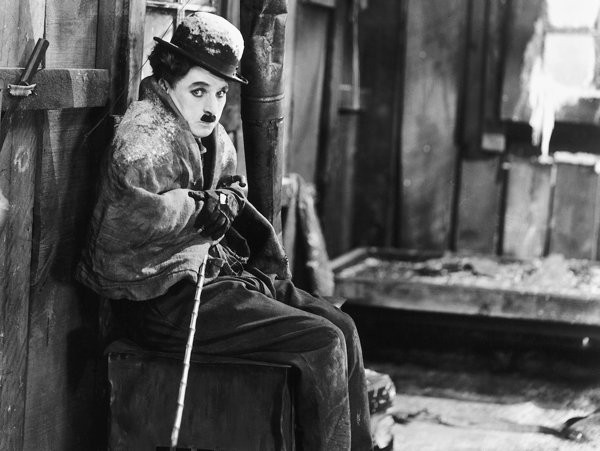You Didn’t Get The Job. Do You Really Want To Know Why?
Ignorance is bliss, but it can cost you

Job hunting, like running for political office, requires a certain amount of confidence in yourself. Whether or not you actually think you’re great, you have convince others you are: you must be able to put yourself forward and say, “I am a strong candidate.” Ideally you will even manage to be inspiring.
The irony is that, for many of us, we’re saying “Pick me!” at a time when we feel about as worthy of trust and consideration as a chewed up, spat out wad of sidewalk gum. Because job hunting is the worst. THE WORST. If you go into the process with even a half cup of ego, in most cases that will evaporate within days. We apply for jobs and don’t hear back. We try to set up meetings and lunches and informational interviews and don’t hear back. We go to actual employer interviews in shiny shoes and suits and think they go well and then we still don’t hear back.
Shouting into the Grand Canyon can feel more effective. At least then we’re guaranteed a response.
The question becomes, then, if we’re given a chance to find out why we were passed over, do we really want to know? After all, if we don’t know for sure why someone else was chosen, we can blame nepotism and assume that someone’s nephew or goddaughter stepped ahead of us. That thought can be soothing, at least momentarily. If we do find out that we were lackluster in some key respect, that can make it all the harder to pick ourselves up, brush ourselves off, and start all over again.
The most recent NYT Mag Ethicist column deals with a version of this quandary.
Should a Friend Be Told the Real Reason He Didn’t Get the Job?
The LW and his wife had both glowingly recommended Friend for a teaching job, but, to everyone’s surprise, even though he was highly qualified, Friend was passed over. Over a meal with the LW’s wife, the potential hirer explained that Friend came off badly in several very specific ways.
Should I tell Friend, the LW asks, or did the hirer have an expectation of confidentiality that should be respected above Friend’s want to know? Friend had been “eager to know what went wrong.”
YES, I shouted when I read this, all but shaking my yogurt spoon at the page. Of course you can tell Friend that the hirer was turned off by his mannerisms, “that he seemed ‘too full of himself,’ alienating several people who interviewed him and watched him teach a class.” I mean, do it tactfully, but yes, please, help the poor guy out, let him know he should consider taking it down a notch. He’s asked! He wants to know how he can do better!
No, replies the Ethicist, stunning me into silence: “I would say the expectation of confidentiality wins out here.”
First though the Ethicist runs through many of the reasons why it might be important to tell Friend what really happened, and he makes an important point about the way rejected applicants in these situations often reflexively (and unfairly) blame “affirmative action.”
Our country is full of people convinced that they’ve lost out through affirmative action to less-qualified minorities. Sometimes they have; very often they haven’t. (For one thing, you can be right that a white candidate lost out to a “targeted hire” but wrong to think that you were that white candidate.) It’s not just his self-esteem that’s being defended by this consoling thought, it’s a false belief that relates to an important social question.
The Ethicist and I disagree about whose needs are paramount here. I’d say the applicant’s need to correct what can be corrected about the way he presents himself supersedes an administrator’s need to have his opinion kept secret, but what say you? And if you knew that your friends had inside knowledge about what you had done wrong in an interview, would you want them to share?
Support The Billfold
The Billfold continues to exist thanks to support from our readers. Help us continue to do our work by making a monthly pledge on Patreon or a one-time-only contribution through PayPal.
Comments